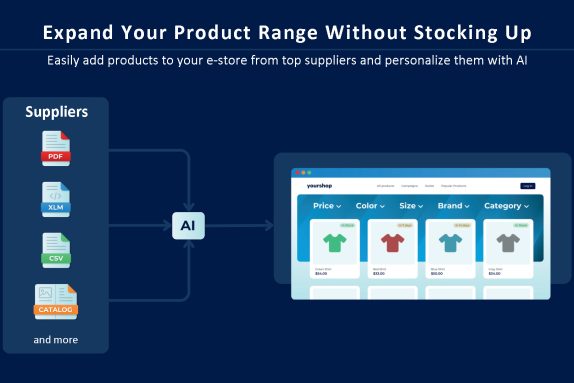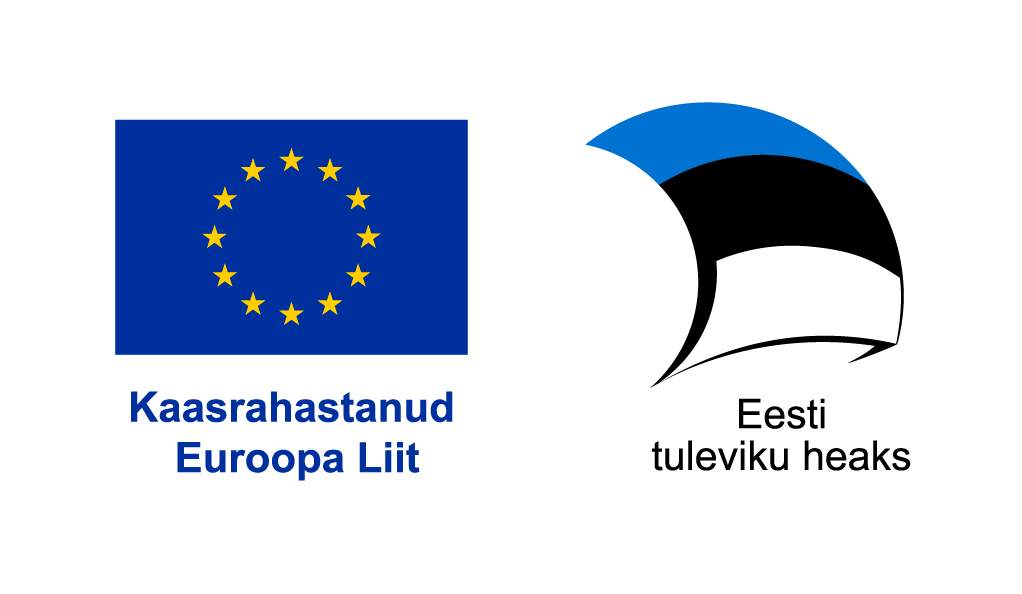There has been a lot of talk about Progressive Web App, or PWA, at various conferences and blogs, but when it comes to solutions that have already been implemented, the circle is narrower. Let’s be honest, it’s a new solution that sounds very cutting-edge, but as with any innovation, it also comes with risks in addition to the competitive advantages. For most e-merchants, this option will remain out of reach for some time. Some international examples of successful PWA implementations are highlighted here.
Lumav started its PWA journey at the beginning of 2019, when Magento announced its first PWA version and sent a brief to partners. We saw great potential in the new technology, but we are aware of the size of the investment in new software – we still remember the bugs of the first versions of Magento 2 very well 🙂. However, we decided to invest within the company as much as possible and started training the team and making test projects. In the last two years, we have already made several pages live and below we write about our experience with Magento PWA.
App + website = PWA?
In short, PWA is an application that allows you to use the benefits of both a website and a native app at the same time. More about the pro’s:
- A e-store created using PWA technology can be downloaded as an app, and it is easier than from the App Store (mini guide). Certain functionalities of the app also work offline at a certain level, which is useful in conditions with an unstable internet connection.
- Through the downloaded app, it is possible to send push notifications to user’s phone, be it for delivery of goods, personalized special offers etc. An immediate direct communication channel with the customer.
- PWA offers better ease of use on a mobile device (including faster page loading). If you manage to establish a trusting relationship with the customer and he downloads the online store as an app, there is less chance that he will go to see offers from a competitor’s page in the browser at the same time when browsing.
- The most important thing – building an additional separate native app (both iOS and Android) for e-business means double development and management costs, as an additional environment is created in addition to the e-store. With a PWA, one environment fulfills the roles of both and the customer gets the same experience, thus a big price saving for those who plan to provide added value to customers with the app anyway.
This technology is the future of e-business and it would seem natural that it would be on the development list of any self-respecting e-tailer, but…
…why then hasn’t PWA taken the e-commerce world by storm yet?
As with any innovation, early adopters may capture the market faster due to a technological advantage, but there is another side to the coin. Below are some points:
- The development costs for PWA are still higher than for a traditional (Magento) e-shop.
- The software has evolved considerably in recent years, but there is still room for improvement. This is partly due to third parties (e.g. Safari itself does not yet support push notifications).
- There is a lack of know-how on how to exploit the potential of PWA. Certain research needs to be done, including reverse engineering of some very successful store apps.
It is encouraging to see more and more informed traders who have done their background research and are already coming to us with the right questions.
Alternatives and why Magento PWA
Of course, Magento’s own PWA is not the only one in the world. Magento PWA launch has been slower compared to competitors and has received criticism from the community in the past. As a result, PWA platforms competing in e-commerce have sprung up like mushrooms after the rain, and some of them are already very advanced. E-commerce will not tolerate a vacuum and here opportunities were seen to take the market faster with own solution and make it the standard.
A number of development companies have also been at crossroads – whether to go with Magento’s in-house solution, choose another player in the market or start from scratch.
Why Lumav decided to choose Magento (Adobe) PWA Studio (see demo page):
- Magento Open Source is backed by a very large community (500’000 developers) and although it has had a slower start than its competitors, it is moving in the direction of creating PWA support for all Magento functionality (roadmap).
- Magento’s licensed version, Adobe Commerce, is the preferred choice of the world’s largest e-commerce stores, and Magento PWA, like Magento, has been tested for more powerful solutions.
- Developed by a small team, a custom PWA takes away the advantage of Magento’s biggest plus: open source. While such a custom PWA may be faster and more convenient (and perhaps even documented), it implies vendor lock-in, and in this case a custom solution could be considered as a back-end.
Lumav’s team has currently created a number of solutions on Magento PWA, the most well-known being Goldtime, which won the title of E-Commerce Association’s People’s Favorite, and Loverte, one of Estonia’s best-known cosmetics stores. In addition, we are maintaining and further developing Klick e-store, which is based on the Polish Vue Storefront PWA platform.
How to proceed
When is the right time to switch to PWA? The right answer is different for each company – it depends on what the competitors are doing and how much of the customer base increasingly prefers mobile. Being a pioneer and staying ahead of your competitors is more exciting than conservatively copying. But each approach has its pros and cons and there are several paths to success.
However, if your e-commerce customers are being taken over by competitors (including international ones), it is worth considering their app or PWA as one of the points of analysis and investigate what value it provides to customers. Contact us and we will think together whether PWA is a good solution for your e-store.




















